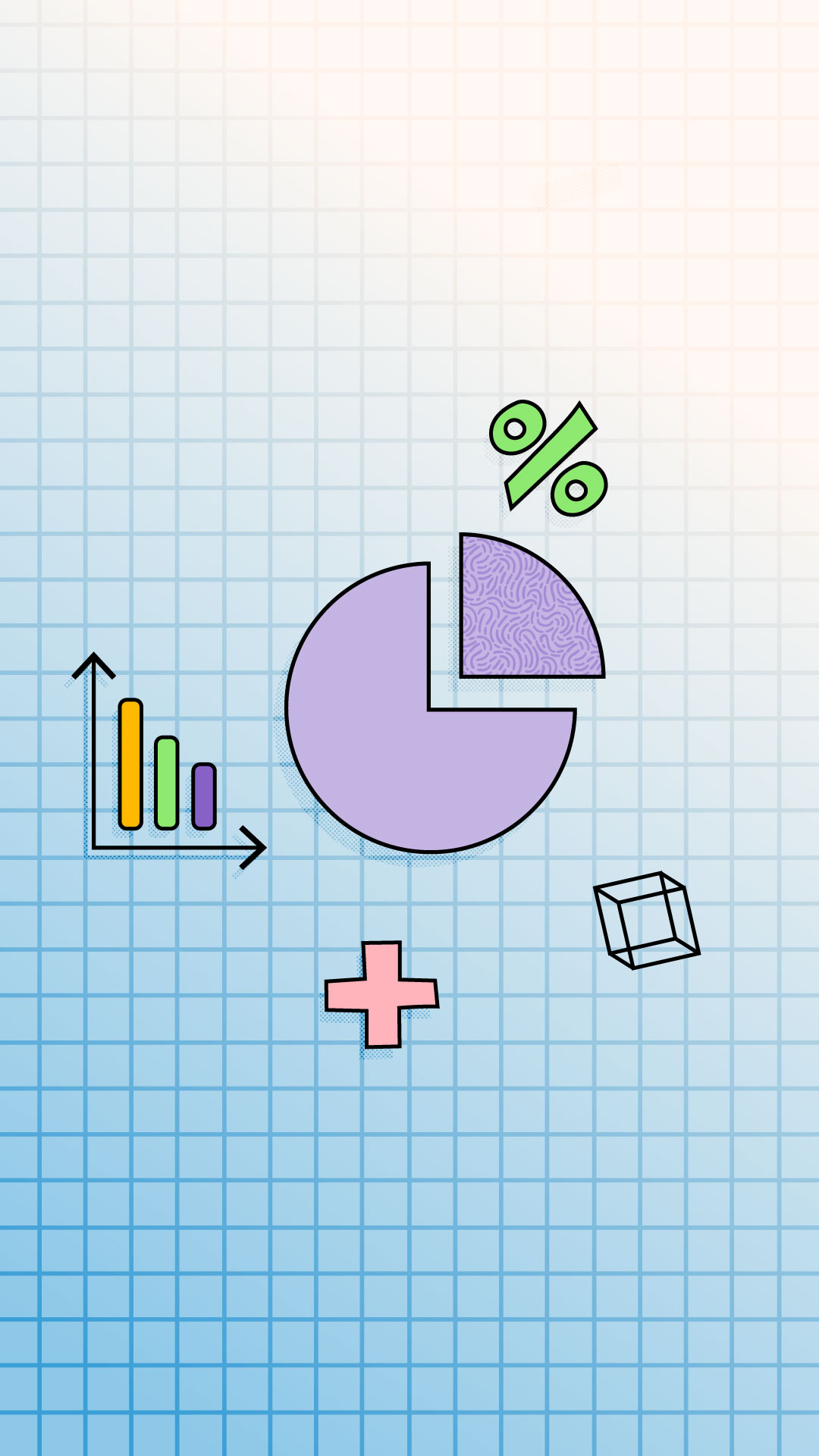Ece Kamar has spent years working within Microsoft’s Responsible AI ecosystem. She oversees research on human-centered AI for Microsoft, is a deputy director for the Microsoft Research Lab and is a technical advisor to Aether, the committee on AI, ethics and effects in engineering and research.









